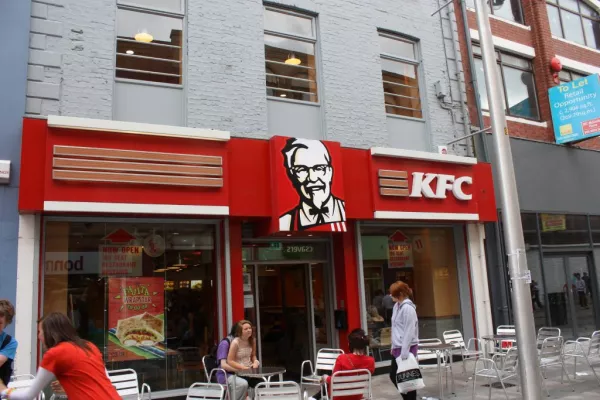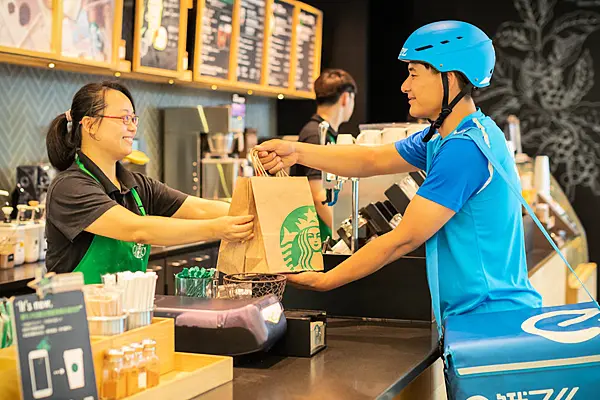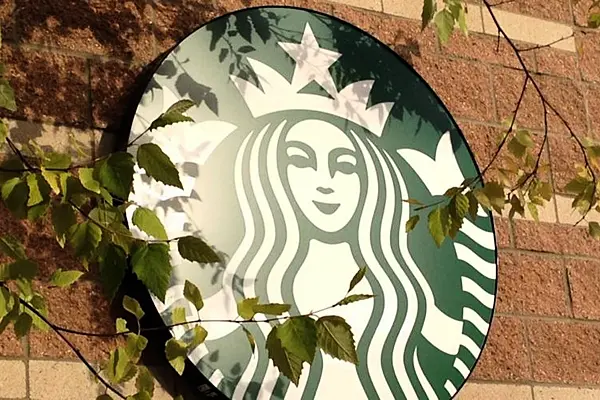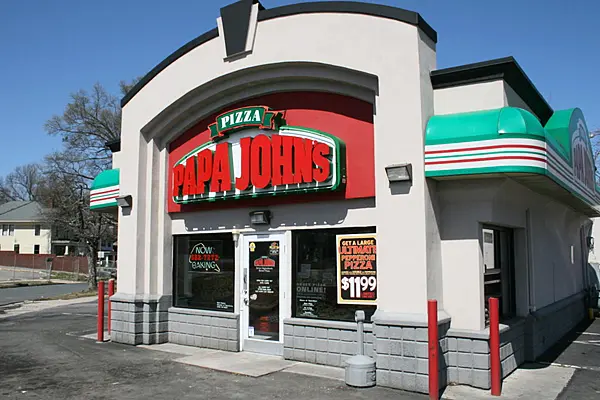Yum Brands beat expectations for second-quarter profit as strength in the US Taco Bell business and cost controls helped offset a sales hit from weak demand at KFC and boycotts related to the Middle East conflict.
Its shares rose 3% on Tuesday even as the company reported a bigger-than-expected fall in sales driven by lower-income consumers paring back spending on dining out.
'Significant Volatility'
Like its peers in the fast-food industry, Yum has been investing in loyalty programs and refreshing its menus in an attempt to appeal to budget-conscious consumers, but stiff competition for value meals and promotions has dogged its KFC business in the US this year.
Company executives said on a post-earnings call that the impact from boycotts related to the Middle East conflict have surfaced in 'several other markets' beyond Malaysia, Indonesia and the Middle East.
"Significant volatility remains, and we recognise sales are some markets are not where we want them to be," said CEO David Gibbs.
Taco Bell
Yum's sales weakness this quarter echoes results from other restaurant majors such as Domino's, McDonald's and Starbucks.
Still, fresh menu items such as the Cantina Chicken at Taco Bell saw strong demand across income groups despite higher prices, driving a 5% rise in comparable sales in the division, ahead of market expectations.
"Taco Bell remains the crown jewel in Yum's portfolio," said TD Cowen analyst Andrew Charles in a note.
AI Technologies
Yum's quarterly overall same-store sales decline narrowed to 1%, from 3% in the preceding quarter. However, that was wider than market expectations for a fall of 0.2%, according to LSEG data.
The company is also investing in improving service times and the digital experience at its stores and drive-thrus with the addition of kiosks and artificial intelligence-based technologies.
Inflation
Yum said commodity inflation in the year had been lower than expected, and added it expects its ongoing cost-savings program to reduce expenses further.
"We remain on track to achieve 5% unit growth for the full year despite the extended impact of the Middle East conflict," CFO Christopher Turner added.









